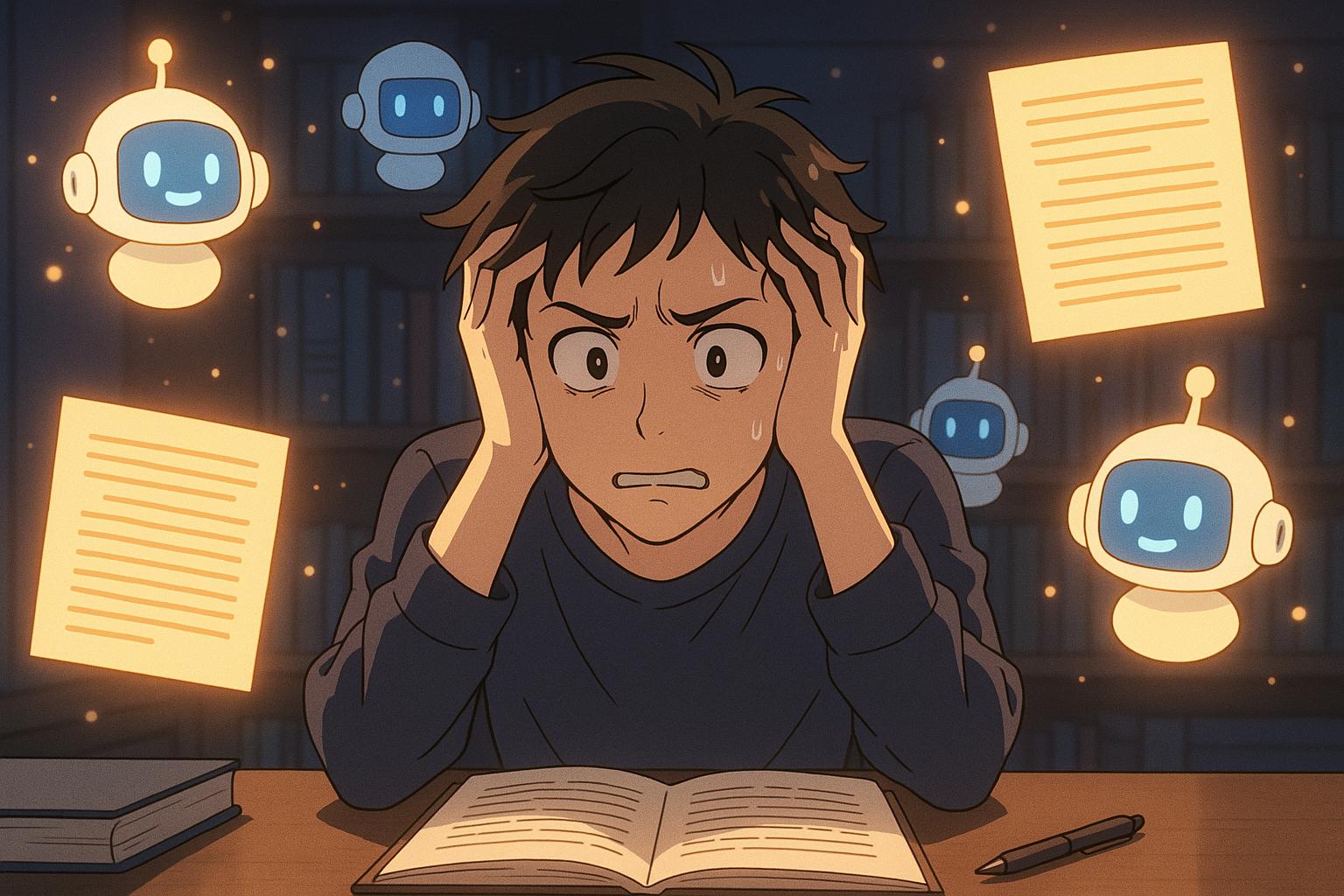The rise of artificial intelligence in higher education raises important questions about the impact on student learning and critical skills development. Currently serving about 400 million people weekly, tools like ChatGPT, while ubiquitous among students, pose a challenge to traditional educational values. Reports suggest that as many as 90% of students admit to using AI chatbots for academic assistance, engaging with these tools to check grammar, develop outlines, and even write substantial portions of their essays. This raises ethical concerns, as reliance on AI could undermine the foundational goals of higher education. Indeed, teaching has become a confronting landscape where many educators feel they are fighting a losing battle; students appear more focused on obtaining diplomas rather than deepening their knowledge.
The reliance on AI is troublingly widespread. A survey conducted in 2024 found that an astonishing 86% of students across 16 countries used AI tools in their studies, revealing a significant increase compared to previous years. In the UK, a similar study showed that 92% of full-time undergraduates utilised AI, a stark rise from 66% the year before. This surge is particularly concerning given the degree to which AI can compromise students' critical thinking and problem-solving abilities. In fact, experts have warned that many students are struggling to grasp essential skills necessary for effective AI use without becoming overly dependent on these tools. The principle advice emphasises the need for educational institutions to cultivate strong critical thinking capabilities among students, equipping them to navigate a landscape increasingly dominated by artificial intelligence.
Critically, many students express a sense of unpreparedness for an AI-enabled workplace, with nearly half feeling ill-equipped despite their high usage of AI technologies. The experience of educators reflects this reality; one teaching assistant recounted the frustrations of grading essays that exhibit poor engagement with course content, often resulting in work that failed to demonstrate genuine thought or understanding. Meanwhile, a first-year student from Canada contended that AI allowed her to produce assignments quickly, a sentiment echoed by her peers, which further suggests an alarming trend towards valuing expedience over genuine intellectual effort.
The implications of AI in academia extend beyond mere academic integrity to broader concerns about cognitive development. Studies indicate that increased reliance on AI correlates with diminished critical thinking skills. Those who frequently engage with AI tools often find themselves focusing more on information verification and task stewardship than on deep thinking. This cognitive offloading can detract from the development of essential skills that leverage human intuition and judgement.
Addressing these challenges requires a multifaceted approach. While some universities are experimenting with integrating AI into their curricula, the effectiveness of such initiatives has been limited, particularly at the undergraduate level. There is an urgent need for educational strategies that not only incorporate AI technologies but also emphasise the development of critical faculties that will enable students to differentiate between AI-generated content and original thought.
As Neil Postman aptly observed, technological changes are not merely additive; they fundamentally alter our ecological environment. In our present context, generative AI is poised to transform how we access and engage with information—much like the internet itself. The question remains: what adaptations will we make to sustain critical thinking and ensure that the art of thought doesn’t become a casualty of convenience? The potential for AI to reshape society hinges on our willingness to discern and retain the vital human elements that underpin our intellectual pursuits. As students navigate this rapidly evolving landscape, the challenge lies in balancing the convenience of AI with the necessity for active, engaged learning—a balance that, if lost, could render critical thinking a relic of the past.
In conclusion, while AI offers time-saving solutions and efficiency, its pervasive influence in higher education raises significant concerns about a future where critical thinking and deep understanding could be compromised. The students currently embracing AI may find themselves navigating a complex path filled with both opportunities and pitfalls, reflecting a profound societal choice about the value placed on learning versus mere achievement.
Reference Map:
Source: Noah Wire Services
